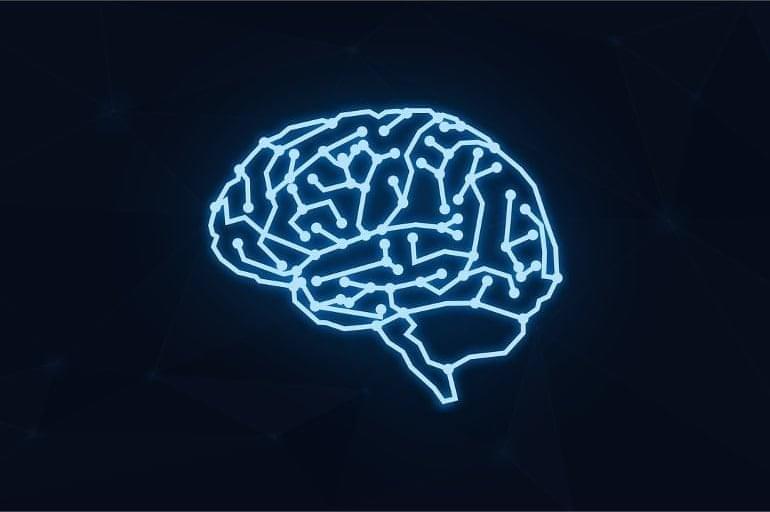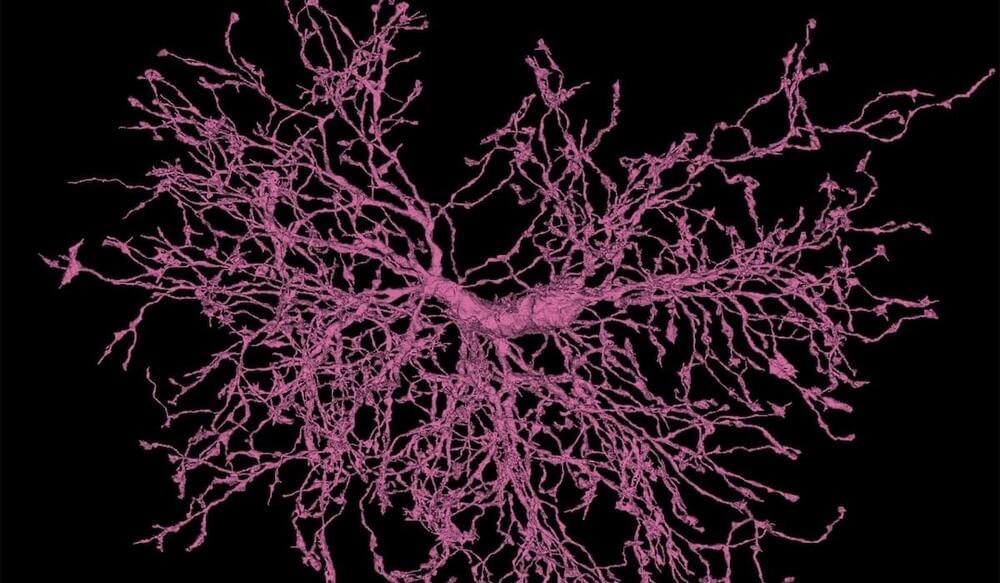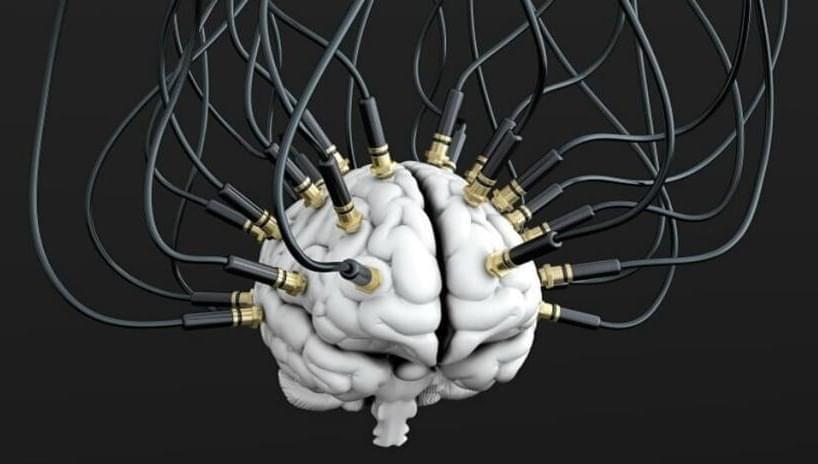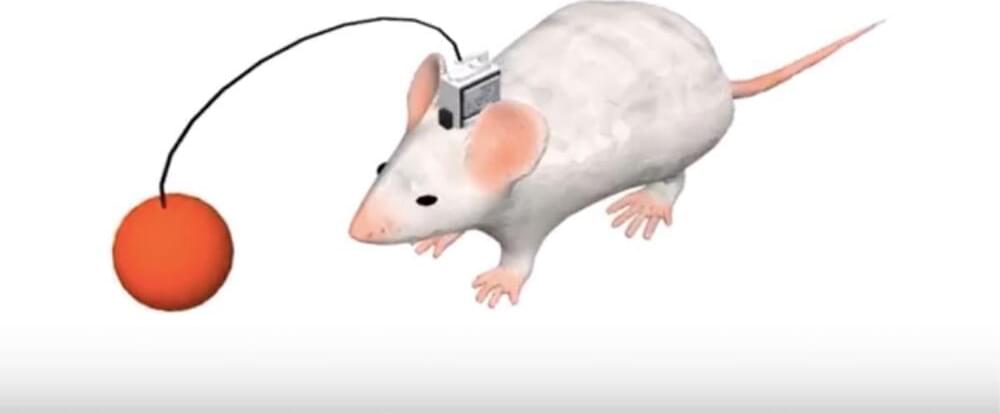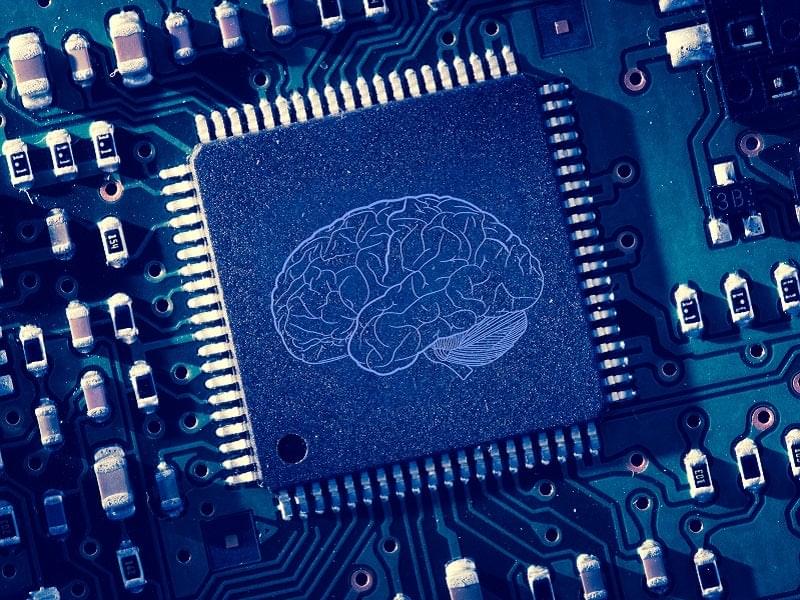Summary: Researchers have identified two proteins that prevent the formation of scars in the brain and help promote the regeneration of new neural tissue.
Source: LMU
LMU researchers demonstrate in a zebrafish model that two proteins prevent scar formation in the brain, thereby improving the ability of tissue to regenerate.
